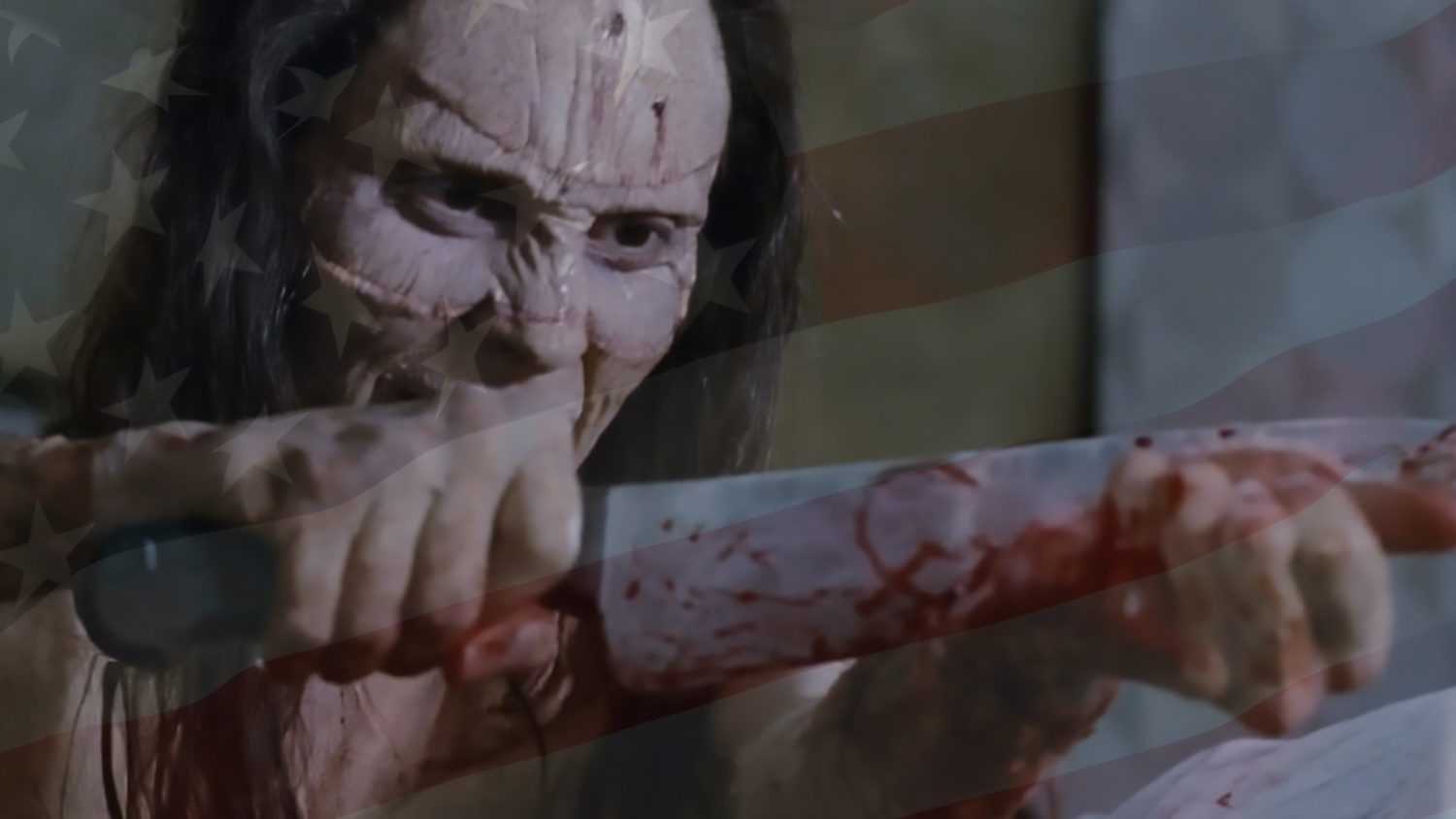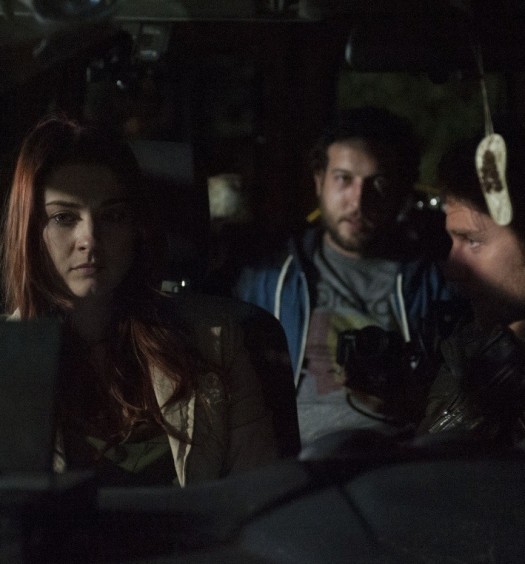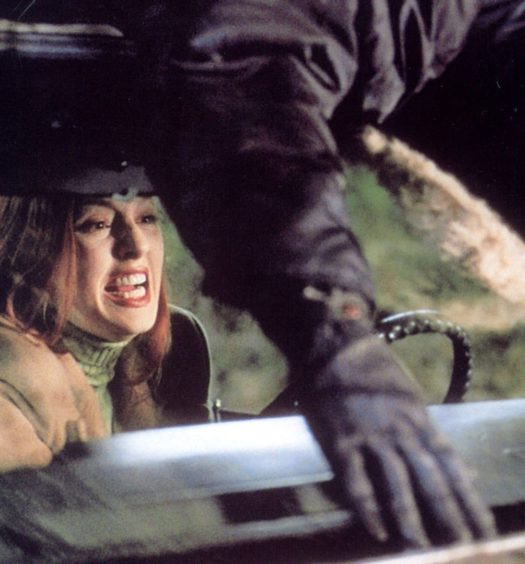Then there’s GET OUT, a blunt, body-snatching take on casual racism, white-knighting progressive whites, and the dangers of being African American in America. Jordan Peele’s movie is distinctly horror – contrary to the countless think pieces contorting their authors fear of enjoying the genre.
Here, the violence is subtle – except toward the end – where the horror of the Armitage family is genuinely realized. There’s an uneasiness that bubbles throughout the movie. GET OUT is as subtle of a horror movie that you can get – and one with a meaning that changes upon a second viewing. It’s another movie positioned as a fight against the status quo – against what’s socially constructed as common even though those normalcies are bigoted, racist, or downright despicable to human life.
Our history is as tainted as any others, and it’s time filmmakers make those in power uncomfortable through the power of filmmaking.
GET OUT should and does make audiences uncomfortable – and sometimes it makes them downright angry. We are, supposedly, living in a post-racial American where racism is nothing more than a lingering demon of the past, as some like to say. However, racism is still a problem, and GET OUT brings those hardships to light.
While both GET OUT and THE PURGE franchise are undoubtedly political in their messaging, just like many films of NFE – even if the messages are chocking on their own blood – there’s still room for American filmmakers to turn things up to 11.
BAISE-MOI (RAPE ME/FUCK ME) is a movie where marginalized women go on a violent killing spree against the society that has oppressed them. It’s rebellious and is designed to make the powerful uncomfortable – which it did upon its release. Protests from conservative citizens and politicians broke out against the film for its unflinching violence and unstimulated sex, leading to its ban. It did receive a reclassified rating, allowing the film a re-release in mainstream theaters.

Get Out
The moviegoing experience has changed a lot since the turn of the 21st century and since BAISE-MOI hit multiplexes. Movie theaters are no longer the gatekeepers they once were; dictating what audiences can see and what filmmakers should make. The digitization of media means American filmmakers can embody the spirit of NFE while telling acutely American tales–tackling our own country’s shameful history of racism, xenophobia, misogyny, and mistreatment of the poor, disabled, and the marginalized.
Peele and DeMonaco have laid the groundwork. The avenue is open for other filmmakers to make audiences squirm, and recoil from telling brutal and unrelentingly violent stories of America’s troubled past. Our history is as tainted as any others, and it’s time filmmakers make those in power uncomfortable through the power of filmmaking.
If you want to hear more about New French Extremity, head over to the Modern Horrors Patreon page, donate, and get access to a Modern Horrors After Hours podcast episode where Luke Rodriguez and I discuss the movement.
Page 1 2































